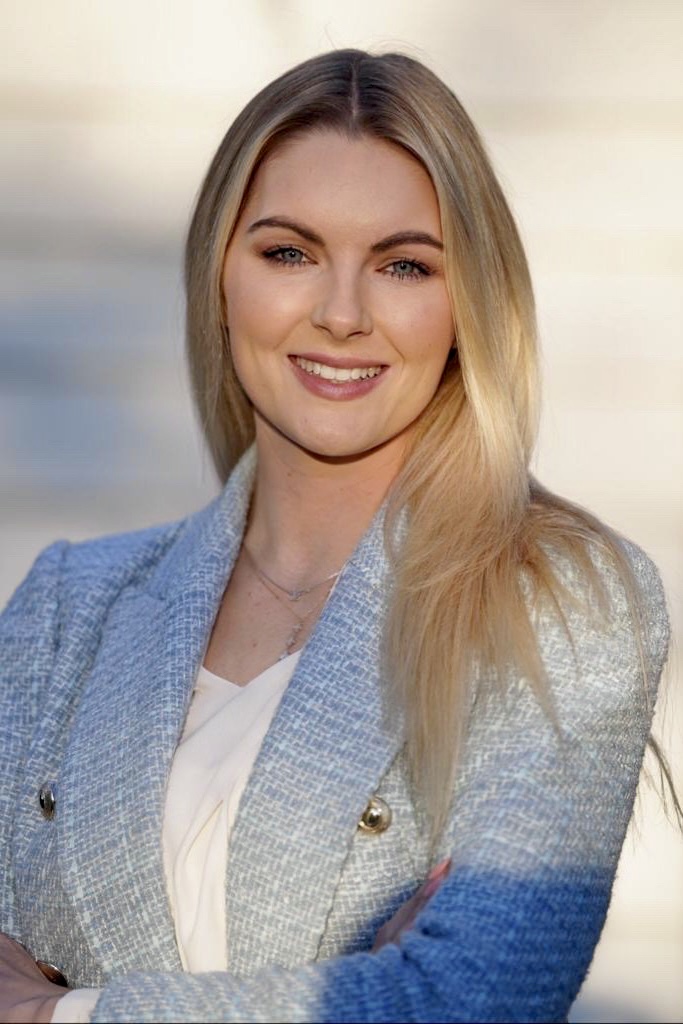The following is a contributed piece by Jeff Manley, Chief Operating Officer of Armadillo Litigation Funding.
The allure of substantial returns from mass tort litigation has historically tempted law firms and their third-party financiers to commit resources to speculative cases. While investing strongly in speculative torts certainly has its time and place, prevailing trends highlight the necessity of certain risk management practices. The unpredictable outcomes of high-profile cases, like the Camp LeJeune water contamination lawsuits, accentuate the imperative for a discerning approach to case selection and the strategic diversification of portfolios.
Balancing Opportunity and Prudence in Speculative Torts
Early-stage speculative torts like the Zantac litigation represent a blend of potential and caution. (In re Zantac (Ranitidine) Products Liability Litigation, 2021). Initially, Zantac cases drew significant attention from law firms with projections of substantial compensation figures. However, the legal complexities and subsequent valuation adjustments highlighted the disparity between initial projections and actual compensation figures realized, reinforcing the need for meticulous risk assessment in speculative torts. While similar cases have captivated law firms and financiers with their substantial projections, they also underscore the importance of an exhaustive risk assessment—demonstrating how initial excitement must be tempered with diligent legal analysis and realistic valuation adjustments.
Navigating the Complex Terrain of Camp Lejeune Litigation
The Camp Lejeune water contamination lawsuits represent promising ventures for financiers and mass tort firms to affirm their moral duty by advocating for those who served our country. However, these cases also carry lessons on the pitfalls of overzealous investment without careful scrutiny. The drawn-out nature of the litigation serves as a reminder that while the pursuit of justice is noble, it must be balanced with sound risk management to ensure long term firm stability.
Endurance in Talc Litigation: A Testament to Long-Term Vision
The protracted legal battles surrounding talcum powder’s health risks underscore the necessity for long-term strategic planning in mass tort litigation. Firms must factor in the operational demands and the financial foresight to manage compounded interest on borrowed capital over extensive periods. Simultaneously, it’s critical to sustain investment in new torts, ensuring a balanced portfolio that accommodates both ongoing cases and emerging opportunities. This balanced approach underpins the stamina needed to endure through a decade-long commitment, as exemplified by the talc litigation.
Understanding Returns in the 3M Earplug Litigation
The 3M earplug litigation concluded within a standard timeframe, yet the distribution of settlements spans several years, offering more modest financial returns than many anticipated. This outcome serves as a pragmatic reminder of the nuanced nature of mass tort settlements, where significant payouts are not always immediate or as substantial as predicted. Nonetheless, this reinforces the value of prudent risk management strategies that account for longer payout terms, ensuring a stable financial forecast and the firm's resilience in the face of lower-than-expected returns.
Strategic Portfolio Diversification
Given these varied experiences, it is imperative that law firm owners and financial backers craft a robust case portfolio strategy. By balancing the mix of cases from speculative to those with a more established settlement trajectory, firms can better manage risk and ensure operational stability. Strategic diversification is not just wise—it’s a vital tactic to maintain resilience in the evolving landscape of the mass tort industry.
The Value of Expert Financial Partnerships
Choosing a reputable and experienced litigation finance partner is essential for law firms aiming to effectively balance their case portfolios. A seasoned funding partner provides invaluable guidance in evaluating potential cases, assessing financial risks, and optimizing investment strategies. Their expertise in navigating the nuanced terrain of litigation finance is a critical asset.
Adopting a balanced portfolio strategy—carefully curated to include a variety of torts at different development stages—provides a more stable foundation than pursuing an "all-in" strategy on a single high-potential tort. This method not only reduces dependency on the success of any single case but also positions the firm more favorably in the eyes of prudent lenders.
Recent high-profile cases in the mass tort arena, like those mentioned above, serve as potent reminders of the inherent uncertainties in litigation finance. For law firm owners and their financial backers, the path forward demands a nuanced view of risk, underscored by strategic portfolio diversification and the cultivation of partnerships with experienced financing entities. By adopting these principles, stakeholders can safeguard their investments against the capricious nature of mass litigation, securing a resilient and prosperous future in the challenging yet rewarding domain of legal finance.


















